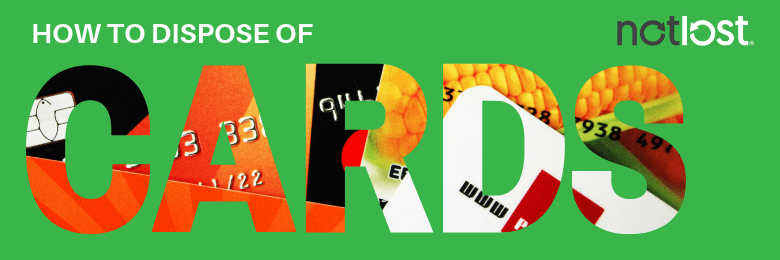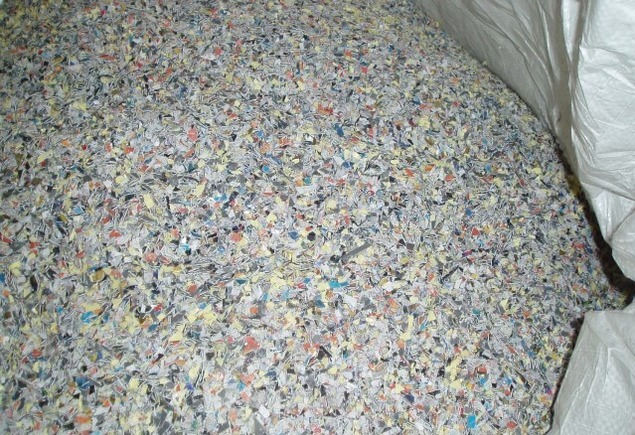Your wallet is precious. It’s full of personal information, cash and, most importantly, cards. In fact, it’s likely to have at least one credit card as well as debit cards, driving licences, student/employee IDs, gift cards, membership cards or travel cards. Unfortunatley, wallets are also very easily lost!
Therefore, for recipients of high volumes of lost property – such as hotels, transport operators, festivals and other visitor attractions – wallets and their contents can cause a headache.
Picture this: You’re an organisation with a fair bit of lost property to handle. Countless wallets clog your storage, full of redundant credit and debit cards, driving licences and travel cards. It’s been a few months and there’s no sign of the owners turning up to claim their items. So, it’s time to recycle them. But how should you process them?
This blog will explore the different procedures to follow to responsibly dispose of plastic cards, covering:
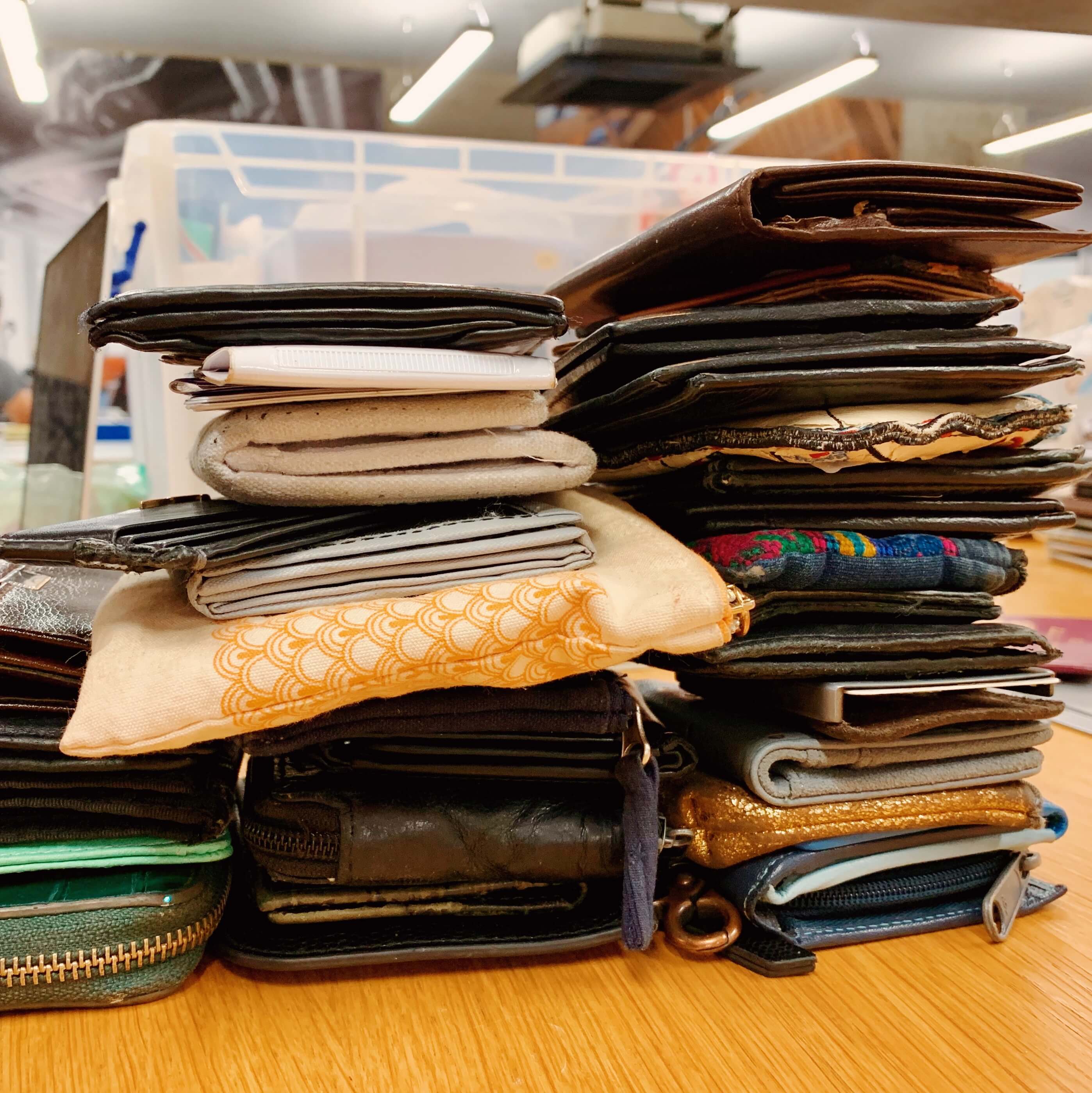
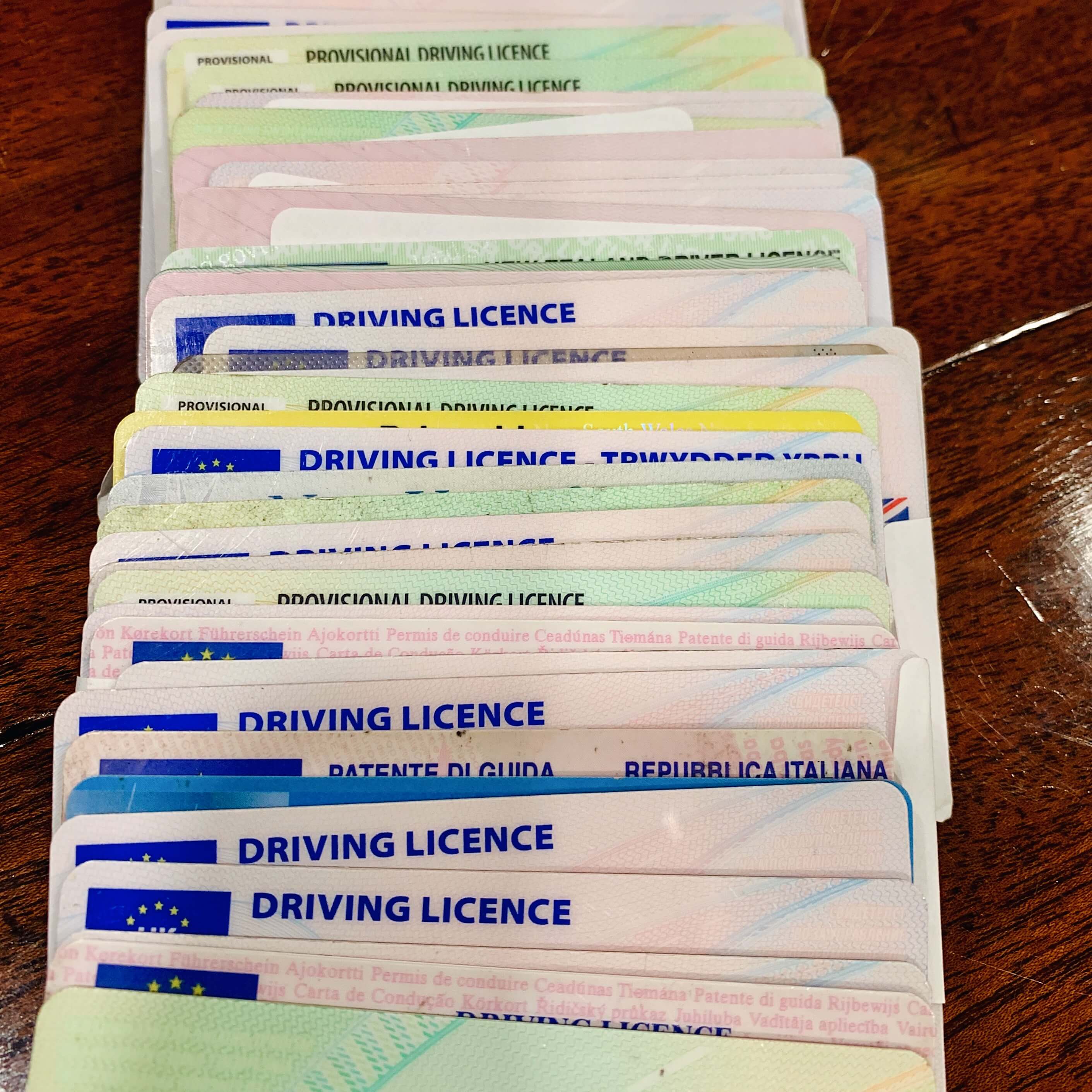
How do I dispose of a debit card or credit card?
Firstly, do not throw away debit or credit cards into the bin – at least not in their current state. Doing so leaves the owner vulnerable to identity theft or identity fraud, which can ruin their credit rating and finances, causing great distress. Thus, it’s important to destroy credit cards properly before you throw them away. The following steps will ensure any personal information is long gone! Here’s what you can do to ensure best practice:
- Scribble on the signature area. Use a dark sharpie permanent marker to hide the signature.
- Shred the card. Use a durable shredder to ensure all sensitive information is suitably cut up.
- Cut up the card. Use sturdy scissors to cut through the EMV chip on the card. The EMV chip is the gold square above the long card number. Also cut through the magnetic strip, the security code and diagonally through the long card number.
- Distribute. Ensure you dispose of all the different parts of the card in different bins / at different times.
- Optional additional measure: Before doing any of the above, demagnetise the black strip. Use a simple refrigerator magnet and rest it on the strip for about an hour.
Payment cards in circulation 2023
Predicted payment cards by 2028
Can I recycle a credit card?
As important as it is to remove personal data from the card, it’s also important to dispose of credit cards ethically and sustainably. Therefore, we need to understand what the card is made of and where, if possible, this material can be recycled.
What are credit cards made of?
Credit and debit cards are made from polyvinyl chloride (PVC) – a strong and versatile plastic used in products such as flooring, pipes or wiring. Despite being useful and durable, PVC is carcinogenic. As a result, when sent to landfill, dangerous toxins can leak from the PVC and harm the environment.
CO2 produced by card manufacturing in 2022
Source: Edgar Dunn
Can PVC be recycled?
Can you recycle PVC? Yes and no. It is possible to recycle PVC credit cards, but it can be difficult as most curbside collections and recycling centres will not accept them. However, simply find a reliable place to send PVC waste and you’re on your way to recycling old plastic cards responsibly.
PVC can be recycled into more credit cards, or the materials that make up PVC can be separated, and utilised in other manufacturing processes.
Here are two examples of how schemes have been successful in recycling plastic cards.
Case Study – Mastercard
In 2023, Mastercard launched a pilot scheme to promote recycling old payment cards. Secure boxes were placed inside bank branches, allowing customers to dispose of old cards sustainably. The initiative is part of Mastercard’s plans to phase out PVC payment cards by 2028. Learn more here.
Case Study – The RecoCard Project
In 2017, a scheme by Axion Consulting successfully recycled 1 million PVC store gift cards, saving 10 tonnes of plastic from going to landfill. The cards were then repurposed into small granules used in irrigation pipes. Find out more.
Where can I recycle PVC?
Considering PVC is such a popular material for making bank cards, it’s important to know how to sustainably dispose of them. Simply find an appropriate recycling organisation that accepts PVC waste, such as the following:
- ID Card Centre – Whilst this UK company produces and prints ID cards, they also encourage recycling PVC cards. Find out more about their service and how you can send them your waste plastic cards here.
- Terracycle – This recycling superpower has created a zero-waste solution for plastic cards with boxes that recycle any wallet-sized plastic card. Find out how you can get involved here.
- VinylPlus – This is the mother company of Recovinyl which was started in 2003 and recycled over 737,000 tonnes of PVC in 2023. Find out more about their services here.
How do I dispose of an old driving licence?
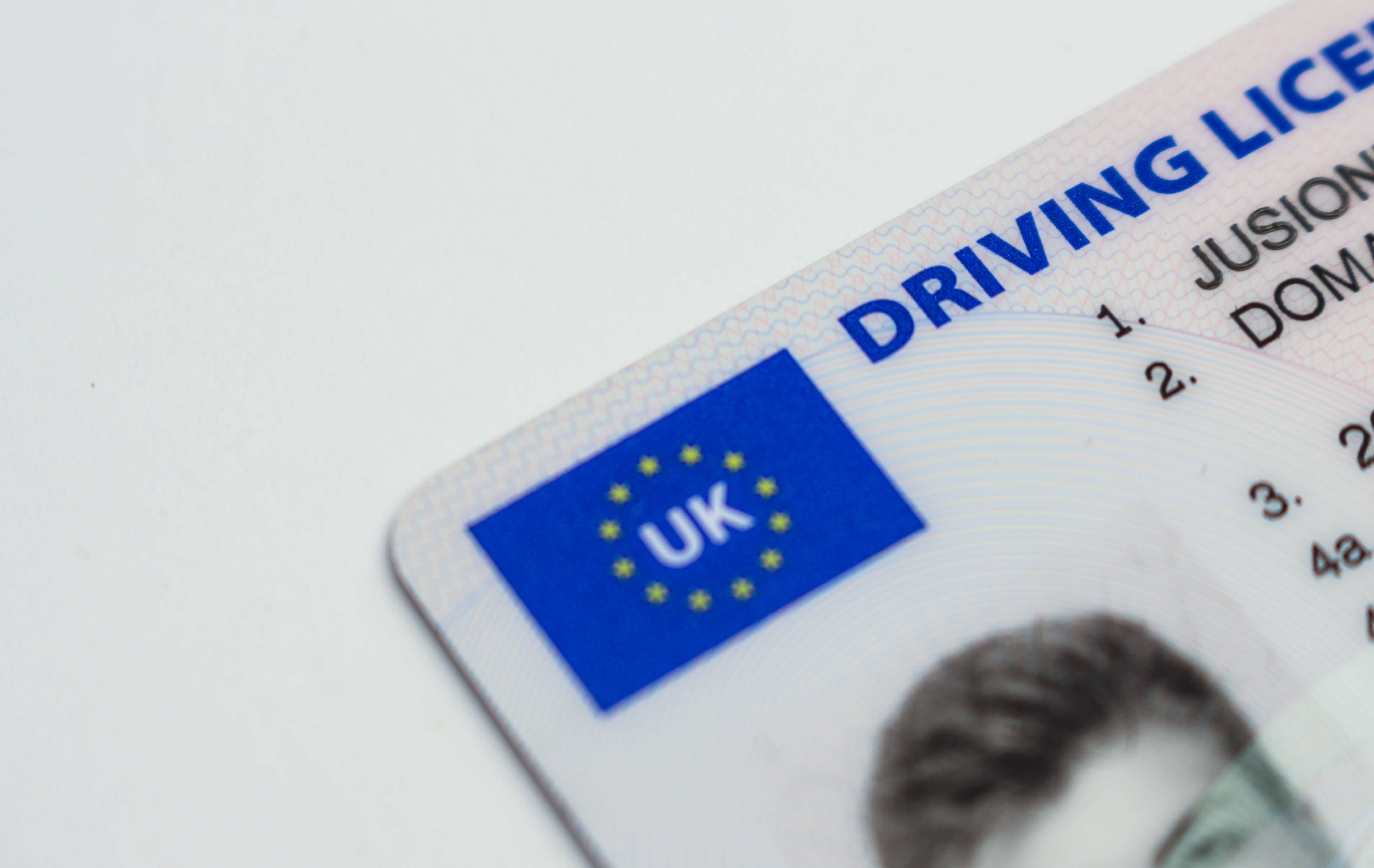
You have a driving licence that doesn’t belong to you and it’s reasonable to assume that the owner has replaced it during the time it’s been in your possession. You need to get rid of the driving licence appropriately as it is a piece of identification holding sensitive information. Fortunately, there is a simple solution at hand. Return it to the DVLA!
Solution
Collect your driving licences together and post them back to the DVLA at this address:
DVLA
Swansea
SA99 1AB
Place them in a secure envelope, fill in the address details, stick on a stamp and take it down to the nearest Post Office.
The DVLA dispose of them securely and a note is made on the individuals record that the old licence was found and returned.
How do I dispose of an oyster card?
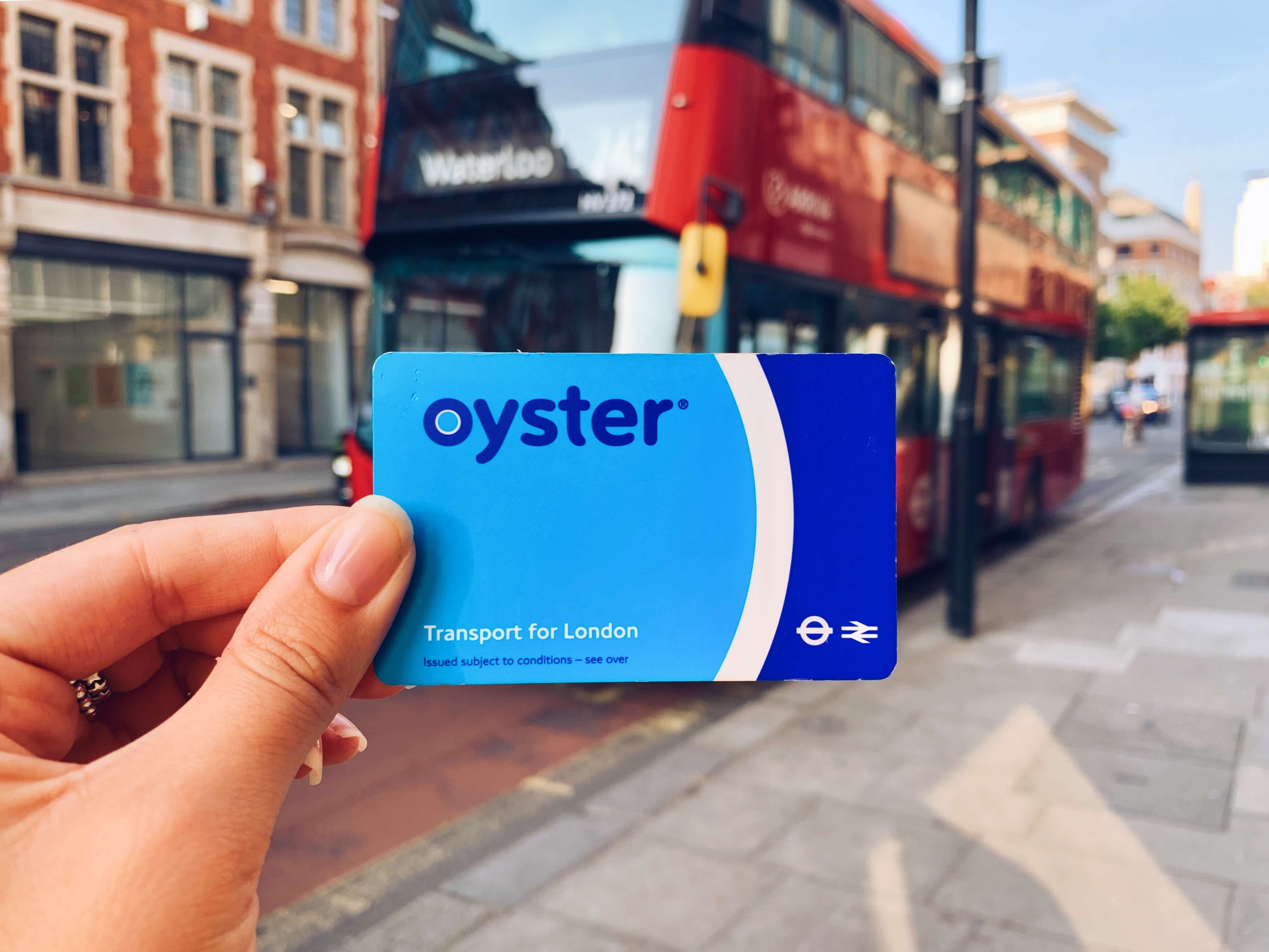
TfL do not want to receive old oyster cards as once they are ‘logically disabled’ they cannot be re-used. They explicitly state they do not recycle unused Oyster cards.
Solution
Our suggestion is to follow the same directions we recommend for other plastic cards. Collect them and send them on to a suitable recycle centre.
Sustainable approaches to plastic cards
Moving forward its best to make sustainable choices about where you get your cards from. For example, if your having company ID cards printed, consider one of the services below, specialising in environmentally friendly bio-degradable cards.
- Plastic Card Service – offer Eco degradable alternatives
- Oomph – offer 60% recycled plastic cards and ‘Pulper’ cards
- Smart Technology Cards – offer FSC card & paper or ECOcard alternatives
- The Plastic Card People – offer 100% degradable alternatives
Photo Source (@madebyoomph)
Alternatively, for those who would prefer to get crafty than throw away these credit cards, turn your plastic card waste into: ice scrapers, a handy tool for DIY work, toys for children to play with or guitar picks.
Conclusion
In conclusion, we learnt the vast majority of credit cards are made of PVC, a material that can be a headache to recycle. However, it can be done! Follow some of the pointers we’ve outlined and you’ll be well on your way disposing of credit cards, debit cards, oyster cards and driving licences sustainably and ethically.
Don’t let lost property take over valuable staff time. Use NotLost! Our simple online lost and found software enables organisations to modernise their lost property process, save valuable staff time and delight their consumers. Find out more about how Notlost works, as well as our Twitter and LinkedIn for the latest updates from the world of lost property.
